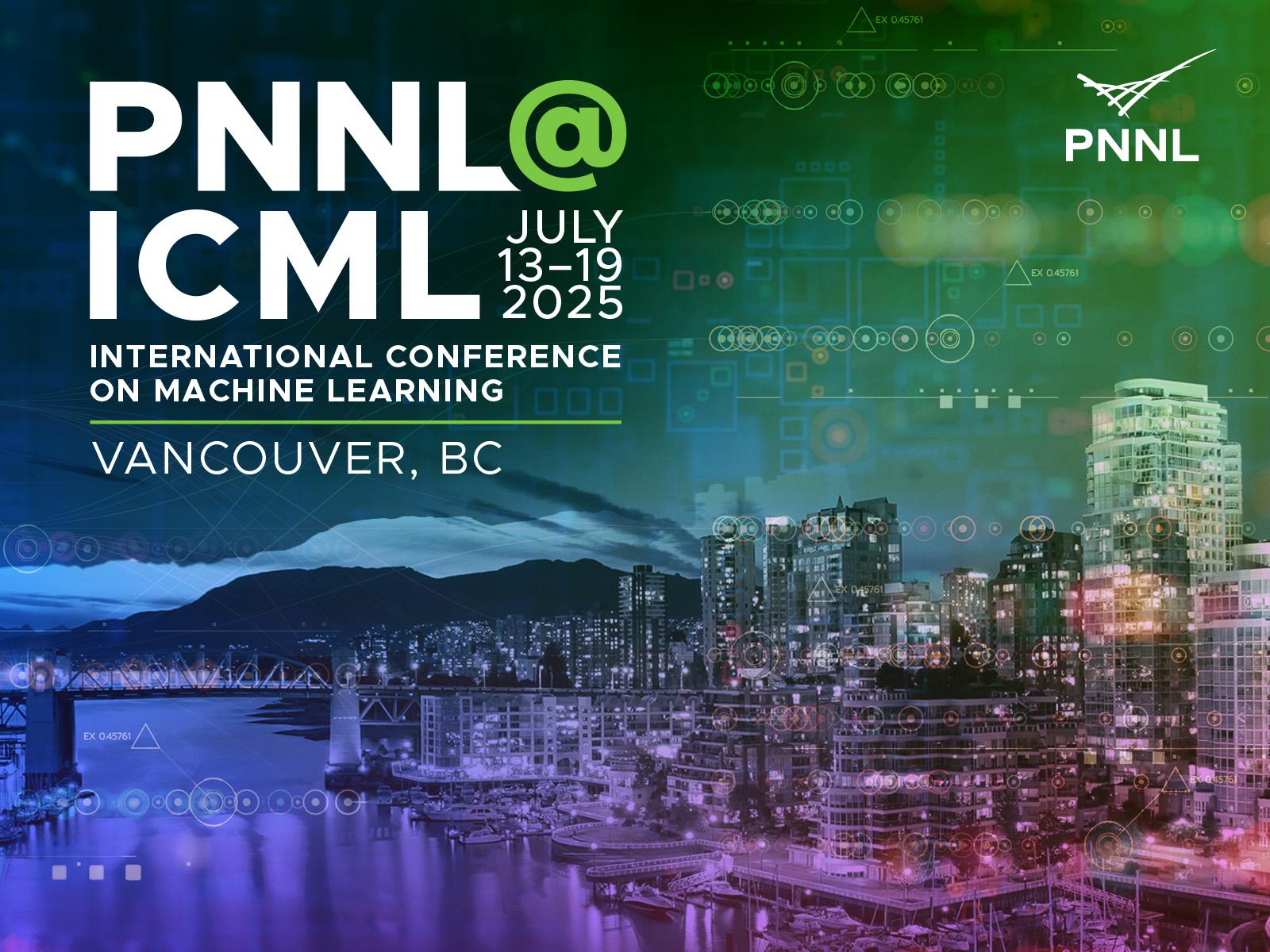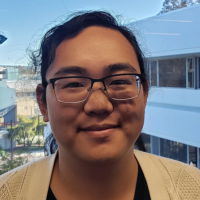International Conference on Machine Learning 2025
Join Pacific Northwest National Laboratory at the International Conference on Machine Learning in Vancouver, BC

Illustration by Melanie Hess-Robinson | Pacific Northwest National Laboratory
July 13–19, 2025
Vancouver Convention Center, Vancouver, BC


